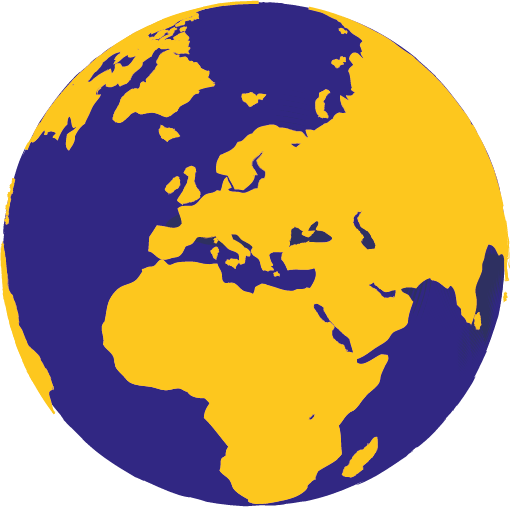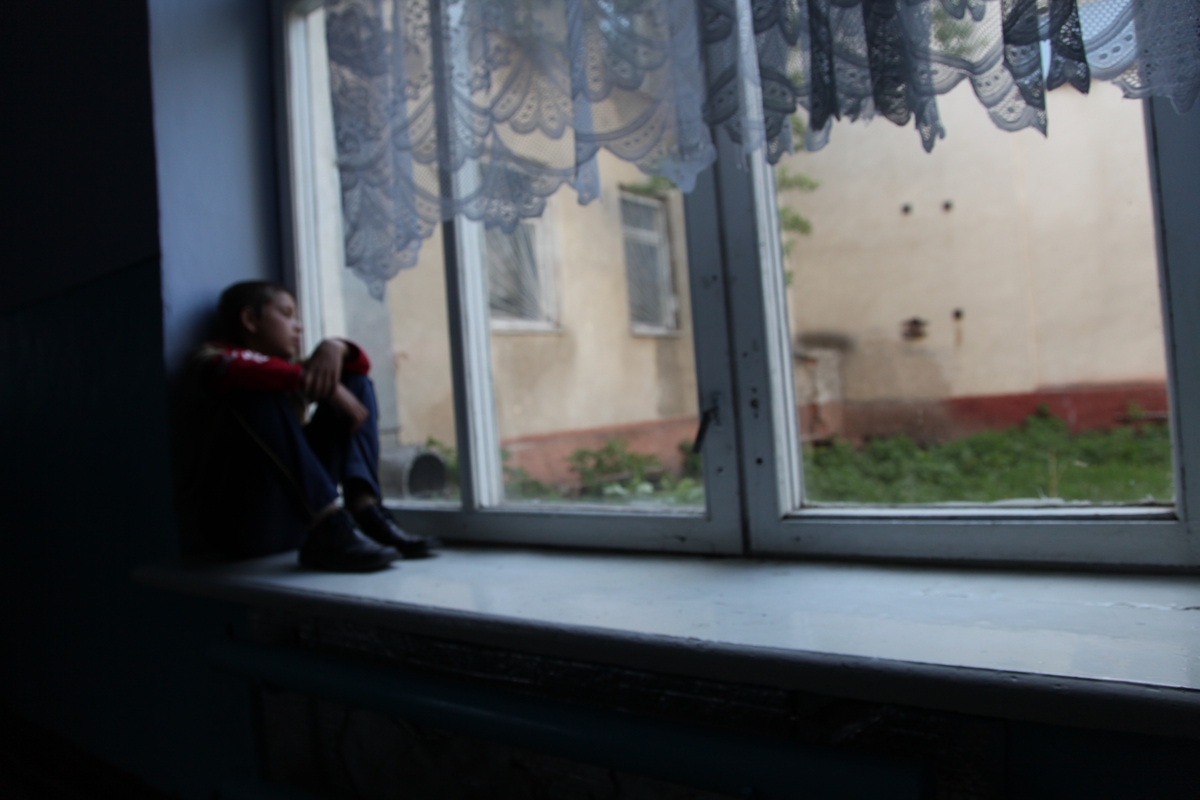More than 70 policy makers, children’s welfare professionals and delegates from civil society organisations came together in Athens this week at a Lumos-hosted conference aimed at generating support for deinstitutionalisation in Greece.
Lumos has started working in Greece, where an estimated 3,000 children and young people, including children with disabilities, live in around 85 privately and publically funded residential institutions.
Working with its partners at the Institute of Child Health (ICH) - a governmental research institute under the auspices of Greek Ministry of Health - Lumos’ aim is to build awareness of the need for reform of the child protection system away from institutions and towards community-based social services and family-like child care placement. Lumos is also working to build a coalition of NGOs and civil society organisations to support professionals and policy makers in the reform process.
In 2014, international and national media reports featured disturbing cases of children in caged beds in Greek children’s homes. Several studiesi have demonstrated that in Greece children removed from a family environment are mostly placed in residential institutions, which are generally larger than the EU average, for prolonged periods, with low rates of reunification with their birth families. Foster care is underdeveloped as an alternative to institutionalisation.
One studyii, by the Roots Research Centre – part of the pan-European “Opening doors” campaign - found a patchwork of public and private institutions; in several cases, institutions had little or no oversight of quality and no monitoring of the numbers of children, including babies, living in them.
Greece has undergone a financial crisis but, as an EU state, it is entitled to use Structural and Investment Funds to support the development of community-based services that help keep families together. Lumos has considerable expertise in providing technical assistance to other countries in using EU resources to support reform.
Lumos – the NGO founded by J.K. Rowling – began work in Greece in 2015, working with the ICH, by undertaking a strategic review of child residential care in Greece and interviews with staff in seven different institutions of different type and legal status, including a baby institution, institution for children with disabilities and a church-run institution. Lumos shared this work with senior governmental and non-governmental Hellenic child protection organisations at the Athens event.
Georgette Mulheir, Lumos CEO, said: “Greece has a number of pressing social and economic problems, but it should not overlook the urgent need to reform services for some of its most vulnerable children, who live in its inadequately monitored institutions. Reform is particularly important during the current migrant crisis, as community and family-based services will provide an alternative solution for any children separated from their parents. Orphanages are never the answer for children in adversity. There is a great deal of help available to the Greek Government and we aim to be at the heart of a movement to persuade it to introduce much-needed reform.”
You can find Lumos' Recommendations for Reform here in both English and Greek.
ii “Roots” Research Center, The Opening Doors for Europe's Children (2015). Mapping institutional and residential care for children in Greece: http://www.openingdoors.eu/wp-content/uploads/2015/09/Data_institutionalised_children_Greece.pdf



